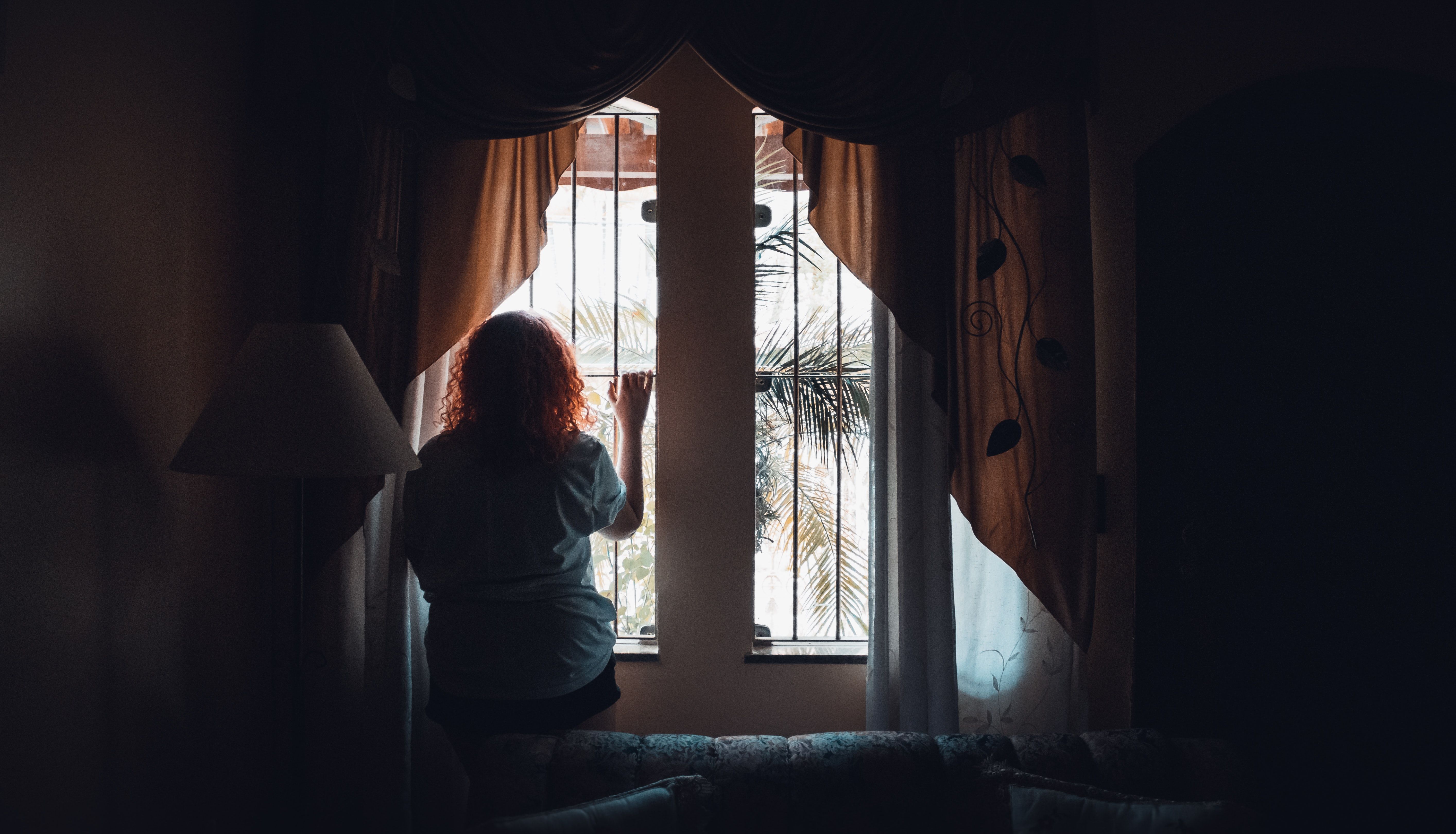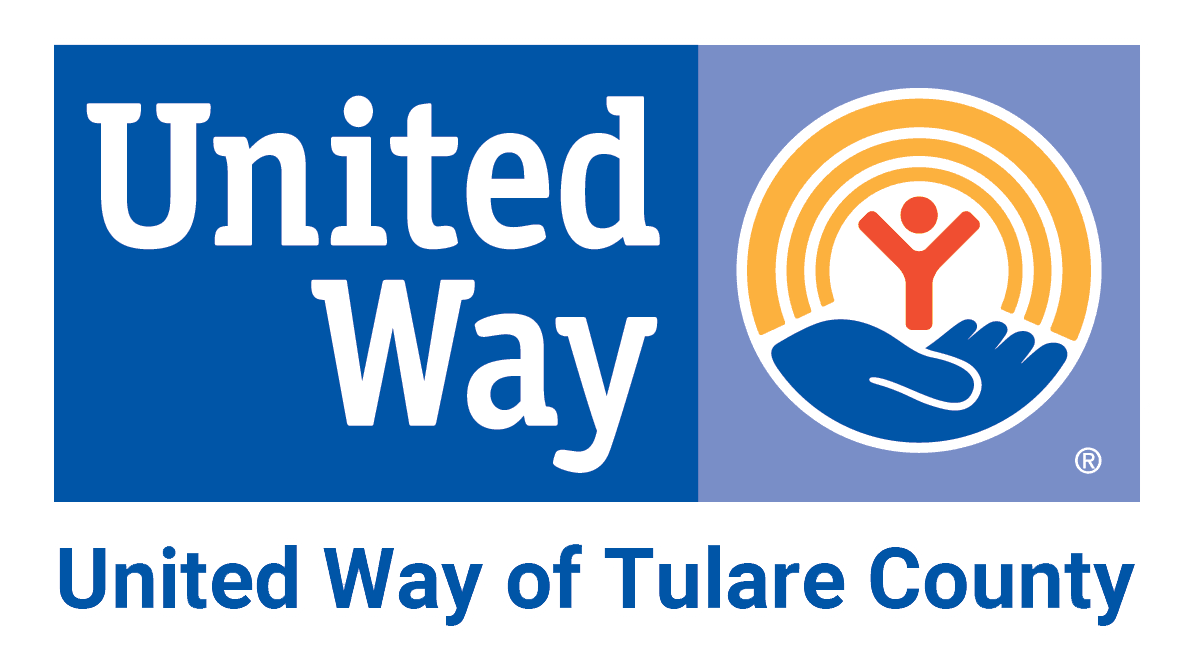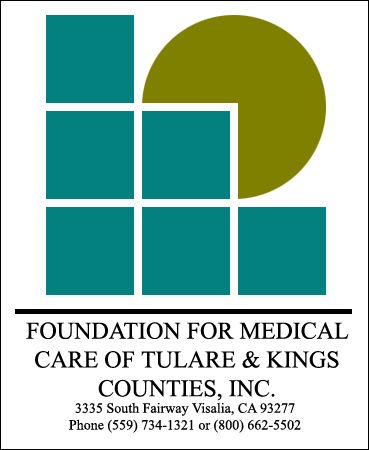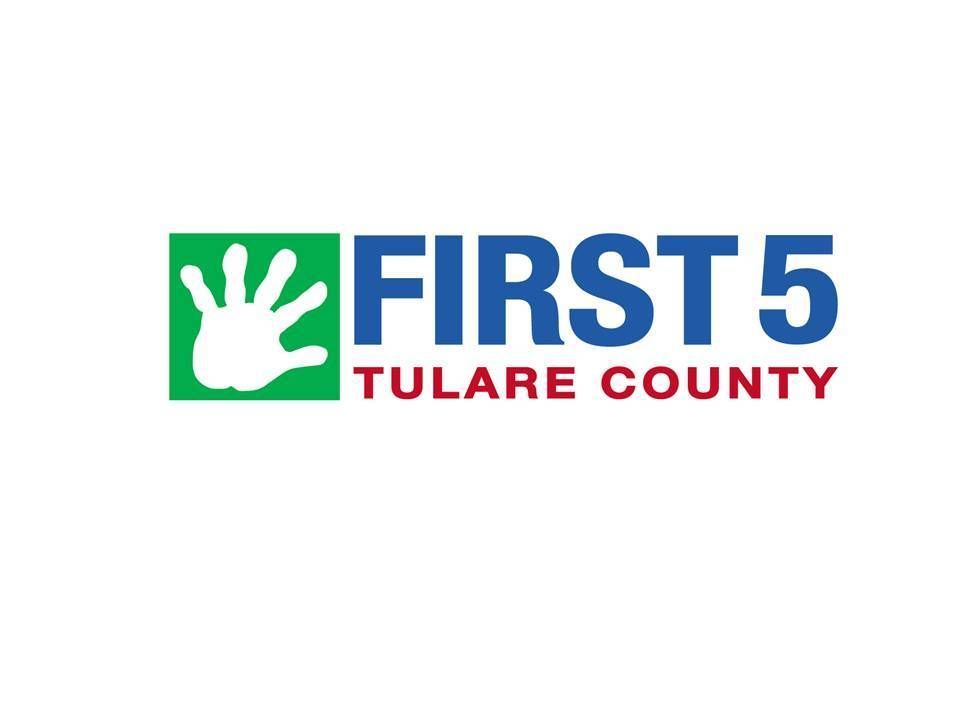What is domestic violence?
Domestic Violence is a pattern of abusive behavior in a relationship that is used by one partner to establish power and control over another partner. Abusers use fear and intimidation, often including the threat or use of violence, to establish and maintain control. Domestic violence can include physical, sexual, emotional, economic, and psychological abuse. Some signs of an abusive relationship include:
- Exerting strict control (financial, social and/or appearance).
- Needing constant contact including excessive texts and calls.
- Emotional abuse including insulting a partner in front of other people.
- Extreme jealousy.
- One partner showing fear around the other partner.
- Isolation from family and friends.
- Unexplained injuries or explanations that don’t quite add up.
Learn more about warning signs of an abusive relationship.
How common is it?
Domestic violence can happen to anyone regardless of race, age, sexual orientation, religion, or gender. It affects people of all socioeconomic backgrounds and education levels. Domestic violence occurs in both opposite-sex and same-sex relationships and can happen to partners who are married, living together, or dating.
- In 2022, Family Services sheltered 593 adults and children at Karen’s House.
- In 2022, Family Services responded to 277 crisis calls on the 24-hour domestic violence hotline and responded to 43 chat sessions on our web-based chatline.
- 1 in 4 women (24.3%) and 1 in 7 men (13.8%) aged 18 and older in the United States have been the victim of severe physical violence by an intimate partner in their lifetime.
- 1 in 15 children are exposed to intimate partner violence each year, and 90% of these children are eyewitnesses to this violence.
What does Family Services do?
Family Services provides comprehensive, trauma-informed services to survivors of domestic violence and their children. At Karen’s House, we provide 24-hour crisis response and emergency shelter to women, men, and children affected by domestic violence. We provide 24-hour confidential information, referrals, and crisis counseling on our domestic violence hotline (559-732- 5941.) Victims and their children can receive free counseling, and our program also offers case management, support groups, financial empowerment training, legal services, and specialized services for children.
What can I do?
- Learn how to respond to a friend or family member who tells you they have experienced domestic violence.
- Be an engaged bystander. Your actions can change a life. Intervene when you see or hear behaviors that promote, condone, or encourage domestic violence.
- Volunteer as a crisis counselor to victims of domestic violence.
- Donate to Family Services’ Domestic Violence Services program.
Sources:




